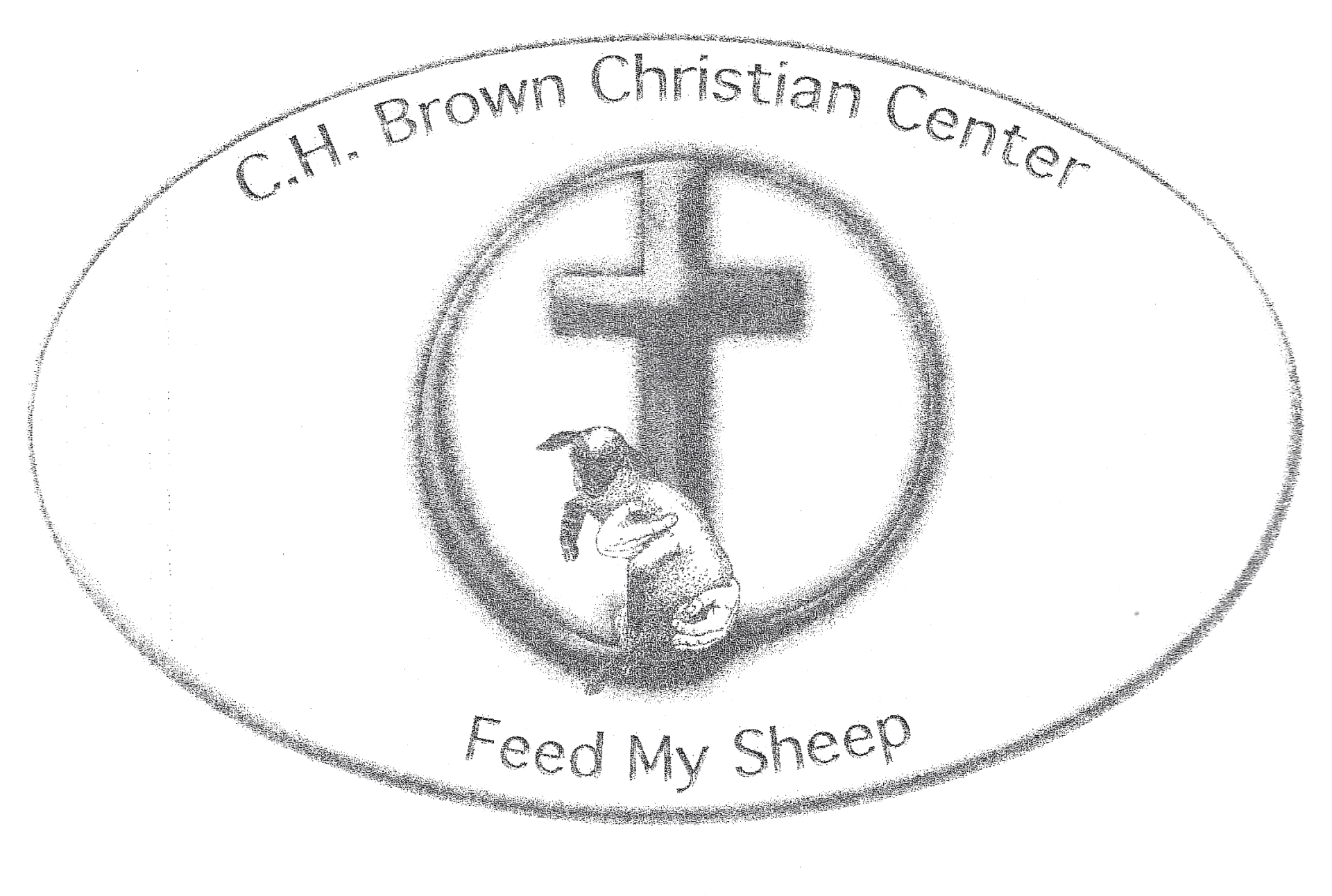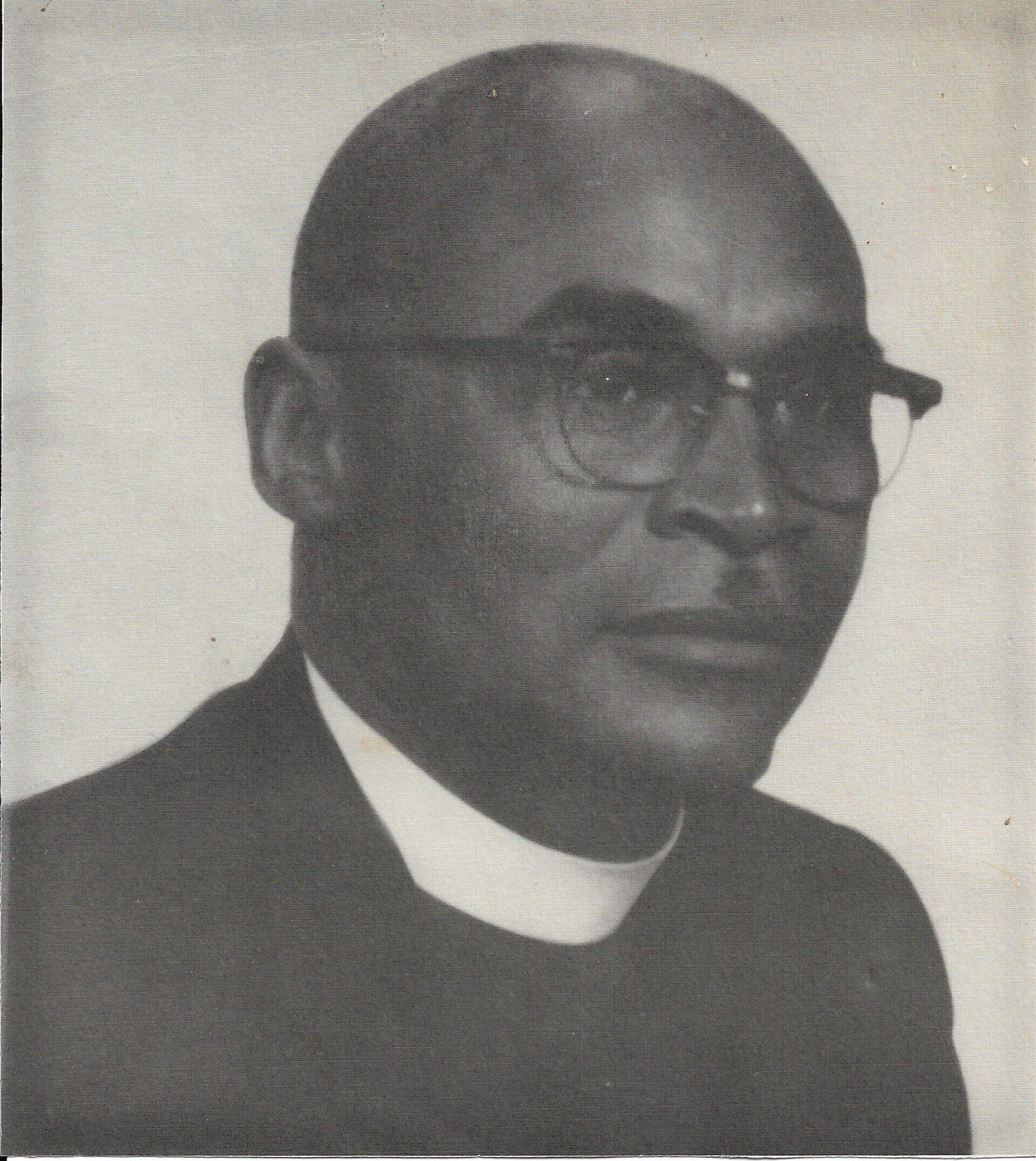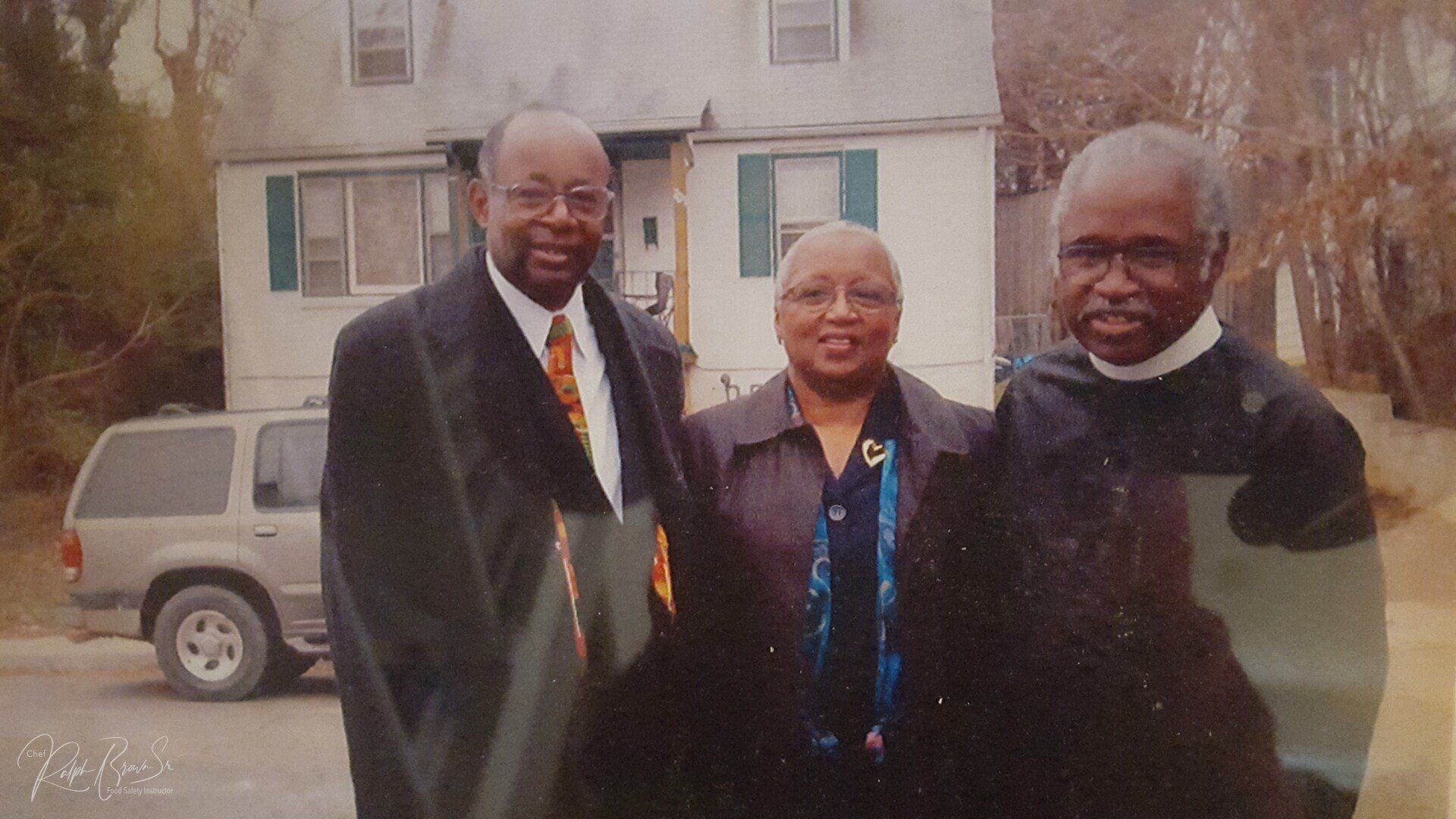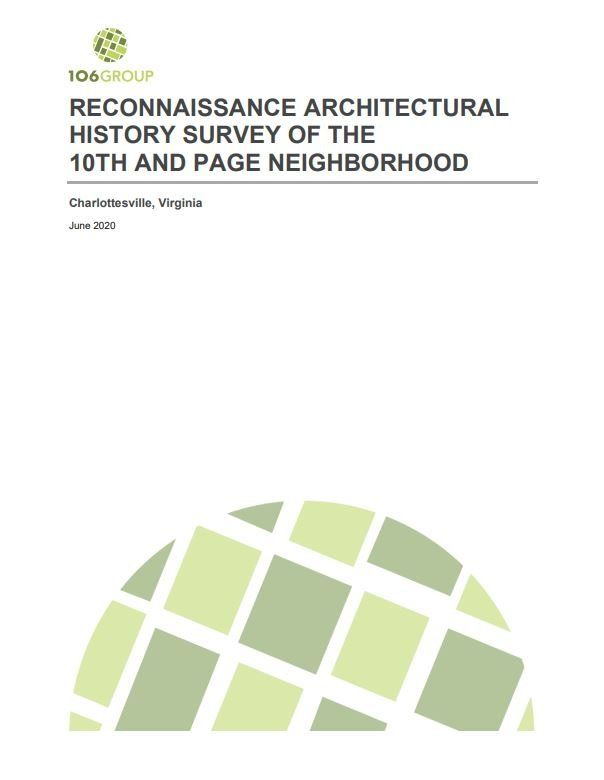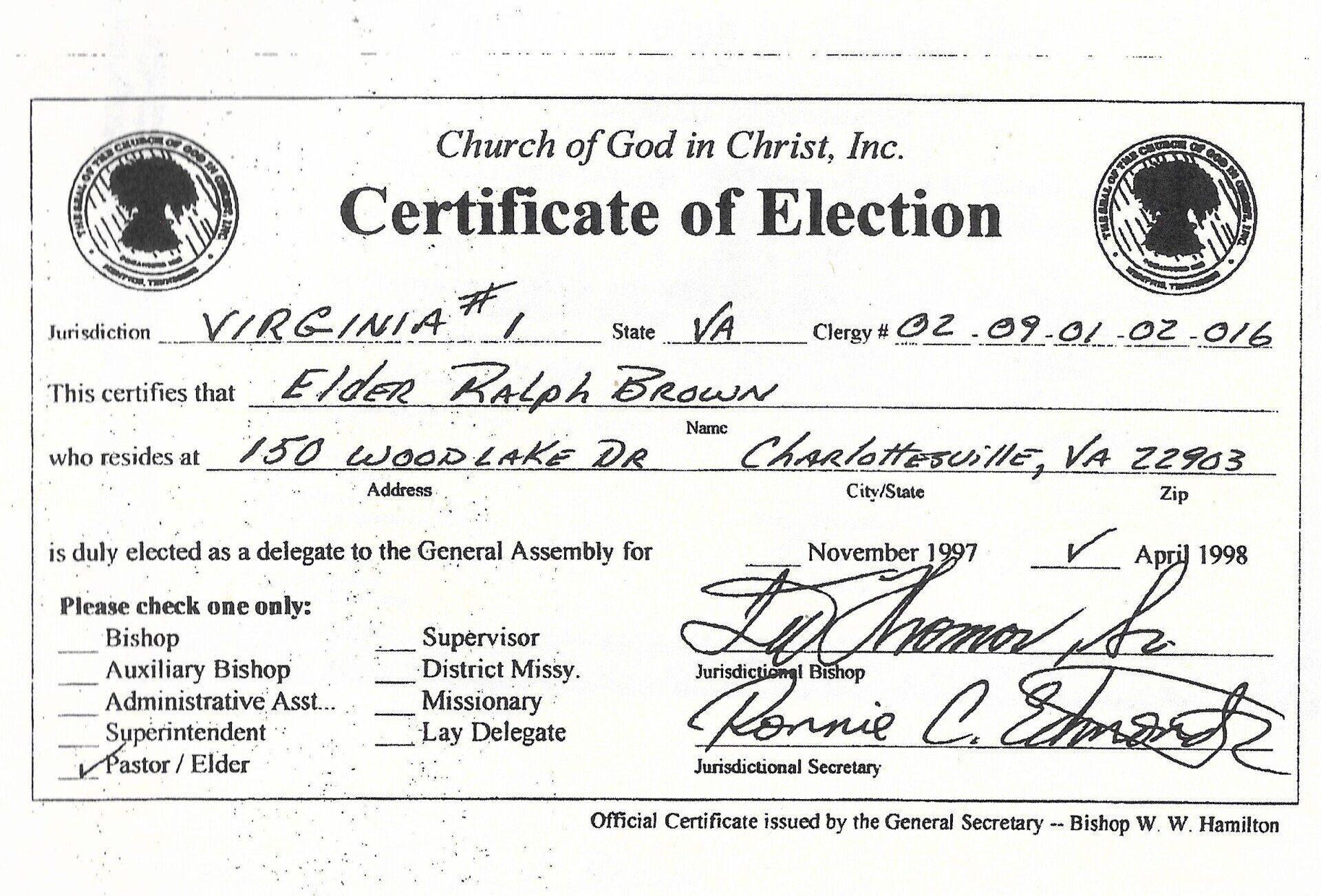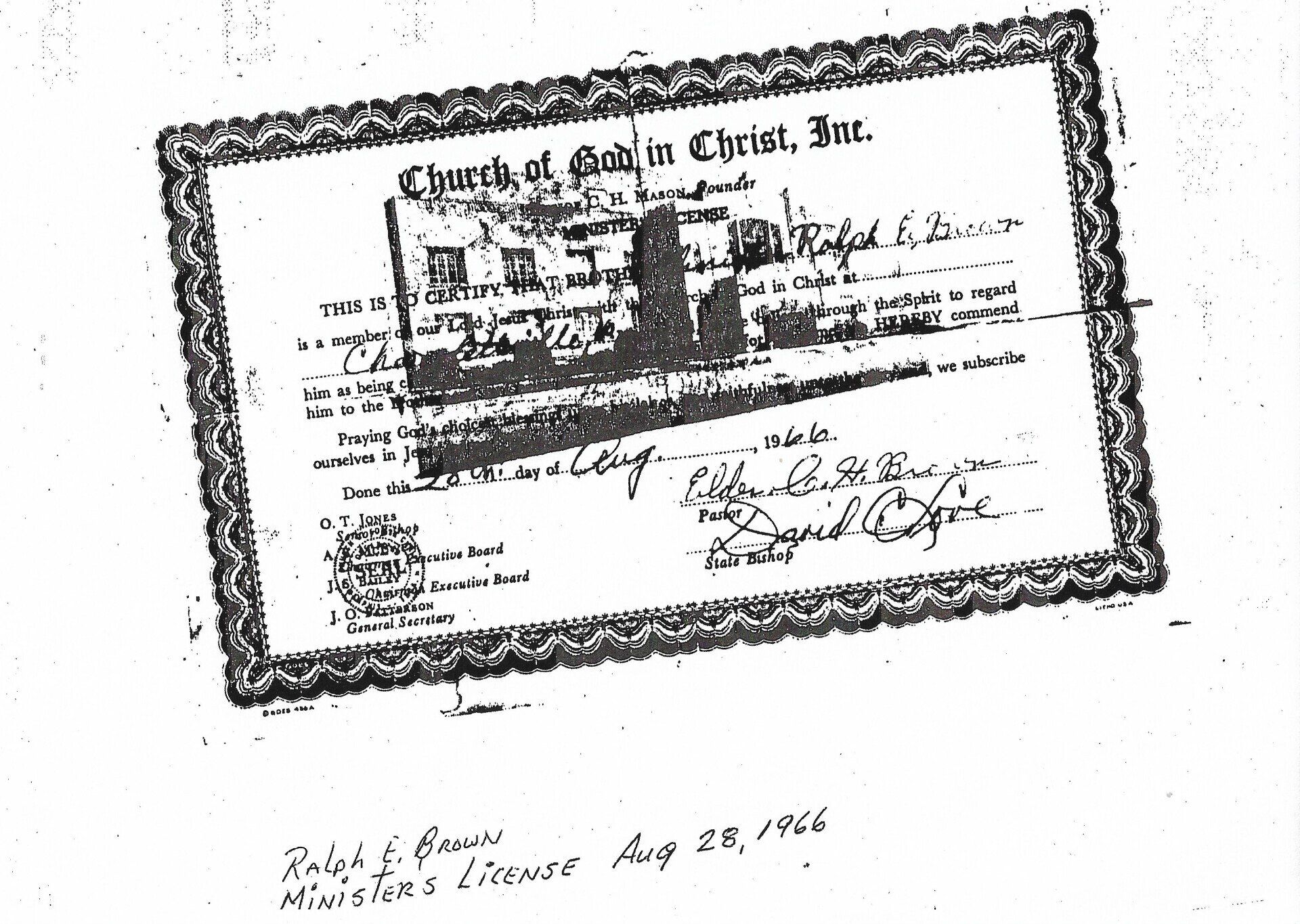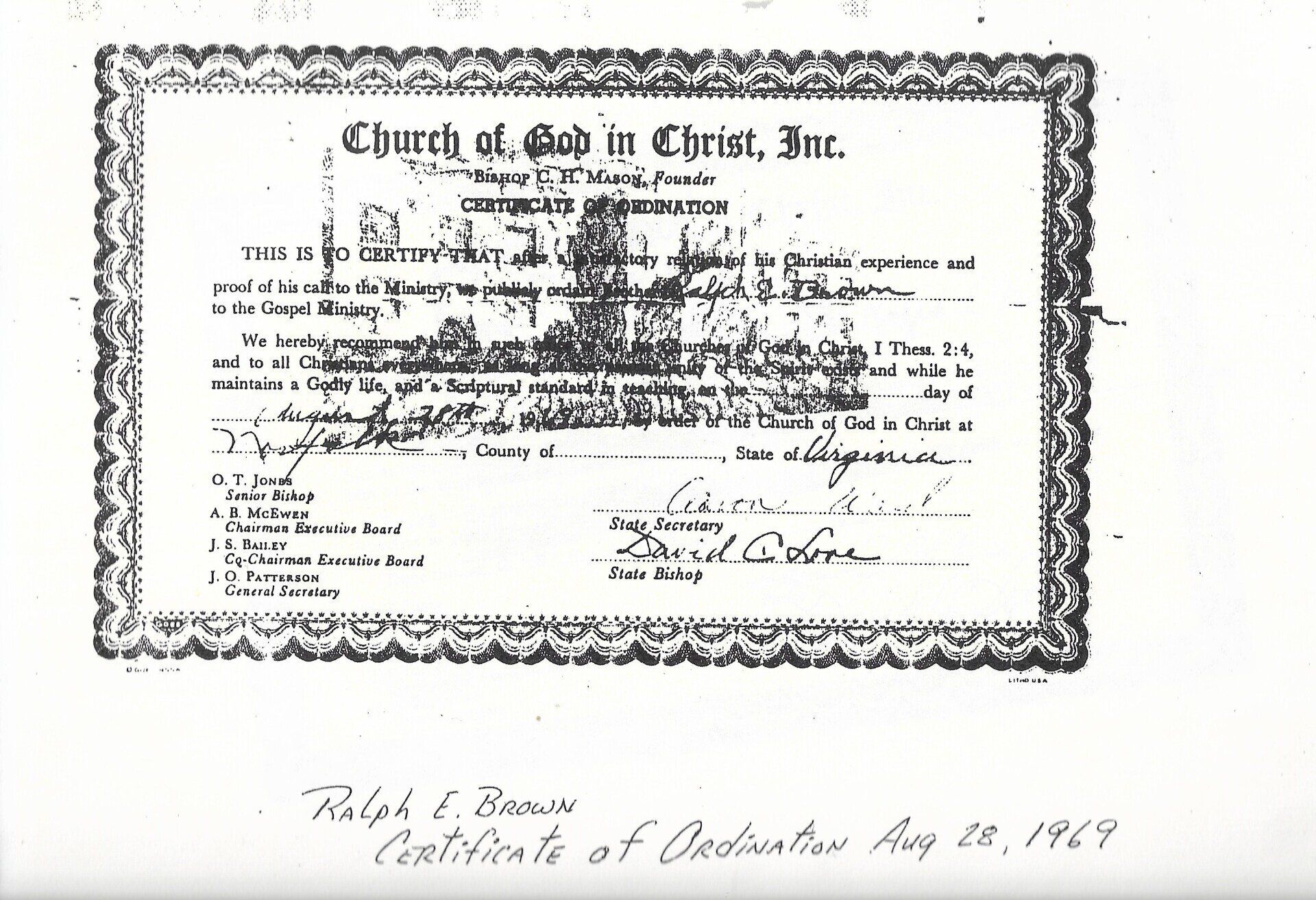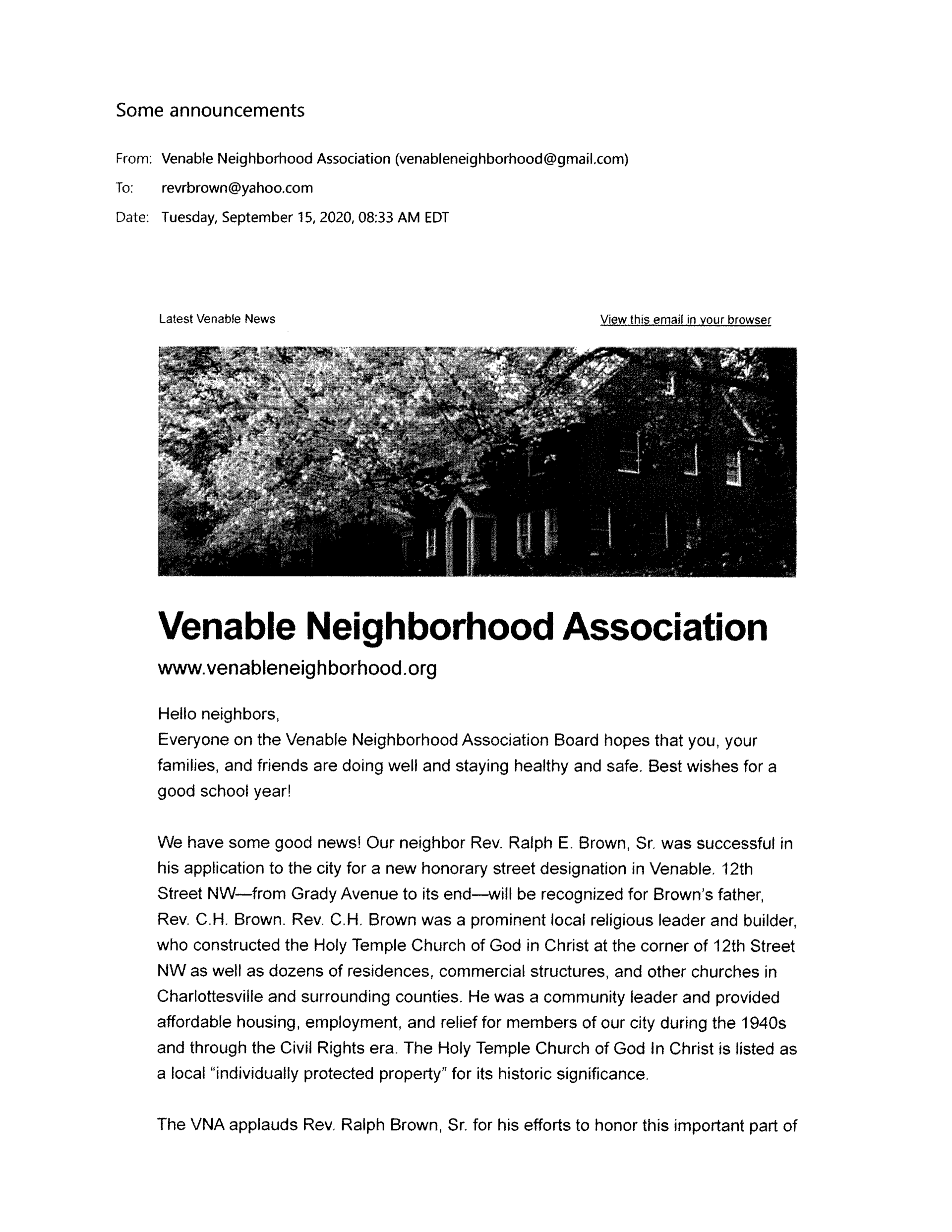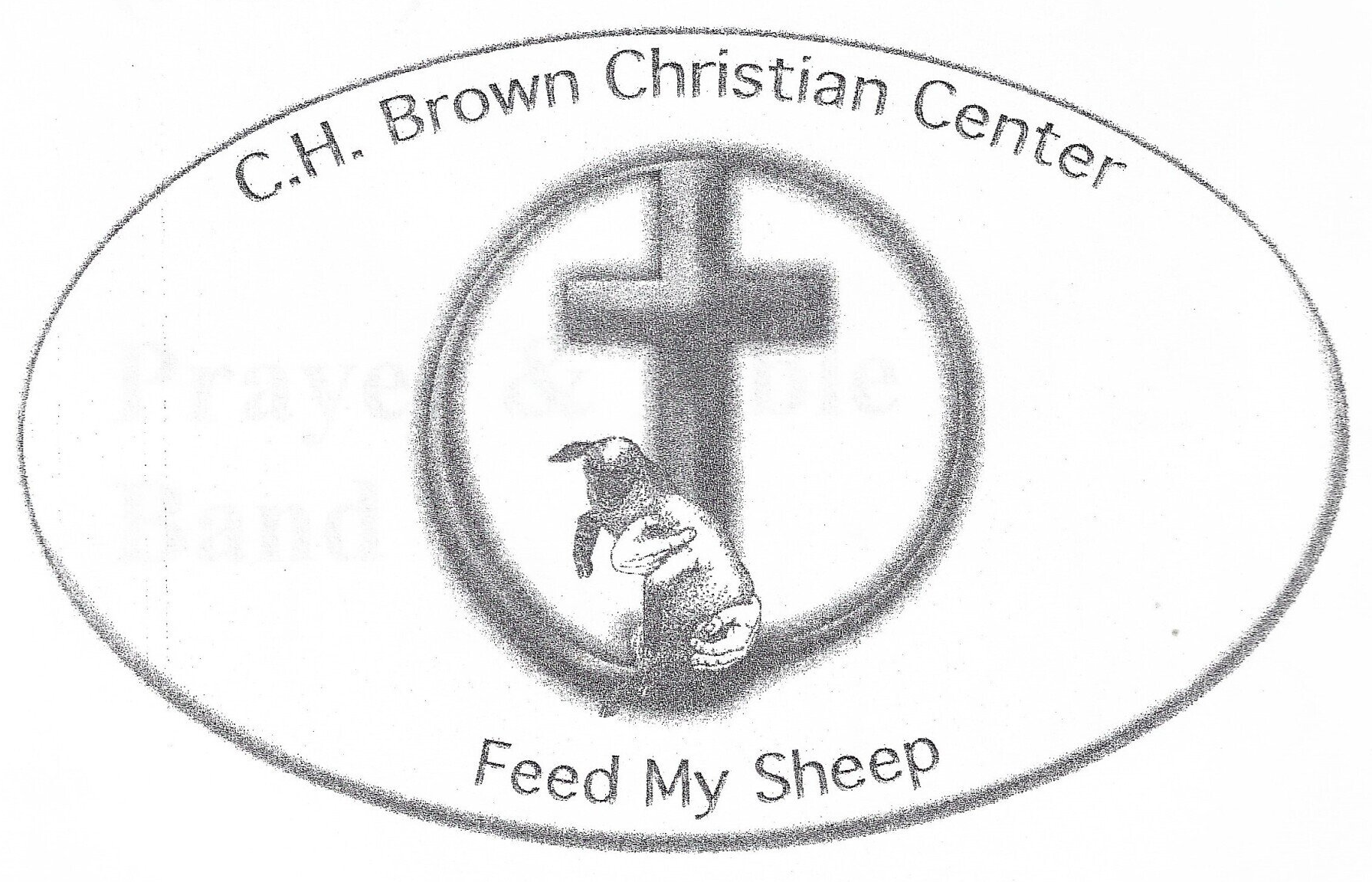Reverend Charles Hunter Brown was born in Virginia on February 2, 1907, to parents Lacy and Martha Brown. In his youth, he did a lot of hard and grueling work as a farmer. Seeking other employment, he began work with a company that laid Macadam roads. In his late twenties, Rev. Brown felt his call to Ministry. During this time, he met and married his beautiful wife, Angie Loving.
By the time Rev. Brown and Angie had had children, Reverend Brown was hired to be the caretaker of a dairy farm in Scottsville, VA. The family moved into the manor house of the farm, where Rev. Brown enjoyed his occasional break from farming by transporting the milk to Charlottesville.
Rev. Brown The Builder
All the while he was working as a farmer, RRev. Brown's dream was to become a builder. He had frequently purchased tools and Audel manuals and would tell Angie that one day they would make money for him. By 1945, their family had grown to two sons and three daughters, and it was in this time that Rev. Brown purchased and remodeled a house on 10 ½ Street, adding on a 3-room apartment. In following years, Rev. Brown had a variety of builder jobs, including work for a company that made cinderblock, a construction company, and as a remodeling carpenter.
In the mid-1950s, Rev. Brown became a licensed contractor in the city of Charlottesville. His architecture and construction would eventually total to buidling over 50 residential and commercial structures, along with a dozen churches. Much of his work was done for people without means of financing and with limited incomes, challenging Rev. Brown to provide his clients with the best work and the most for their money. His popularity as a builder grew as he would allow his customers to make a small down payment, and would often finance the balance for them or even co-sign a note at the bank.
Almost all of the structures built by Rev. Brown are still standing today, as he would dig out the foundation and pour concrete footings- constructing cinderblock walls from the ground up, unlike the concrete slab foundations of many houses today. Rev. Brown would often spend time sharing his skills as a craftsman with his laborers, teaching them how to perform carpentry tasks and lay brick. In the community, Rev. Brown was respected as a fair and honest man by people of all races.
Rev. Brown The Pastor
Along with being a leader in his community through his building and housing outreach, Rev. Brown was a man of great faith and a spiritual leader to others. Around the time he had met and married Angie, Rev. Brown had been fellowshipping and worshipping with various Pentecostal churches. In the mid-1940s, he and a few others had been meeting for worship services by going from house to house. In 1947, Rev. Brown constructed his first major non-residential building- Holy Temple Church of God in Christ, By now, his family had now grown to ten children- five daughters and five sons. Soon after building the church, Rev. Brown met E. R. Martin, a man who owned a lot of local property. Rev. Brown did a number of jobs for Martin and ended up the owner of several acres of land on 12th Street. It was here that he built their "family home", and would eventually build four more houses on the same block. Until the late 1950s, Rev. Brown cared for several pigs and maintained large gardens, the vegetable from which were shared with neighbors and church members.
It was in 1960, that Rev. Brown became Pastor of the Holy Temple Church of God in Christ that he had built around 13 years earlier. His sons, Ralph and Nehemiah, would also become ministers (Nehemiah also becoming a musician). Rev. Brown was extremely supportive of the youth of the church, both inside its doors and out. When local high school students wanted to start a choir, they were welcomed at the church. They would go on to form an Interdenominational Gospel Choir, which would become the Dimensions of Gospel. This choir group would go on to bridge the gap between students from the University of Virginia and the local townspeople. Under the leadership of the church. UVA students formed the renowned Black Voices group. During his time as Pastor, Rev. Brown also served as District Superintendent over churches in the areas of Charlottesville and Waynesboro in Virginia.
Rev. C.H. Brown was known and is remembered as a Bible scholar and teacher, and as a fair and honest builder. He was wise, soft-spoken, generous, and loving. He was active as a Pastor until shortly before his death in 1996, when he passed away from complications of congestive heart failure. Rev. Paul Coleman delivered a eulogy at Rev. Brown's funeral, saying "...Before there were urban renewal or redevelopment and housing, there was Rev. Brown."
A Virginia State House of Delegates Joint resolution was issued in 1998, which recognized Rev. Brown's good work and contributions to the community.
